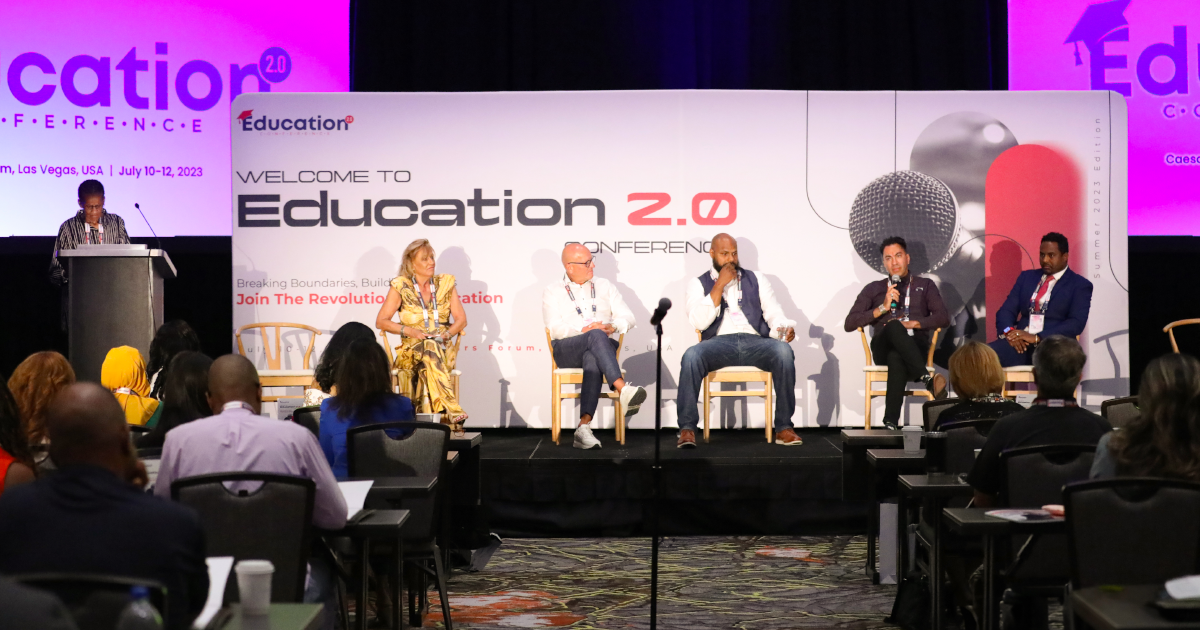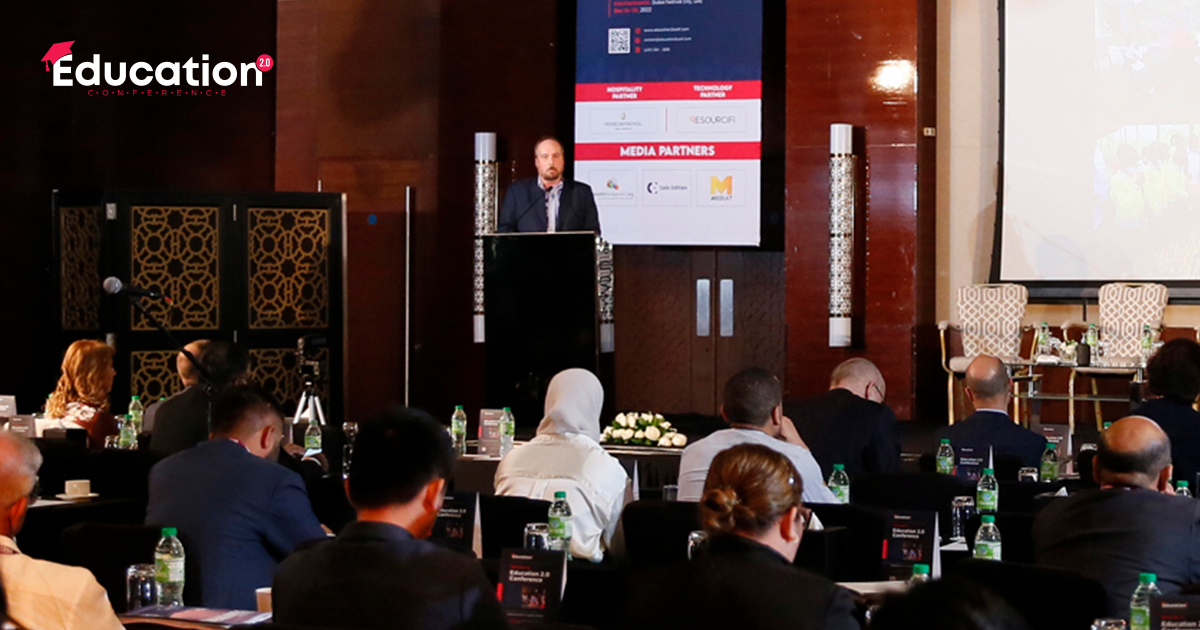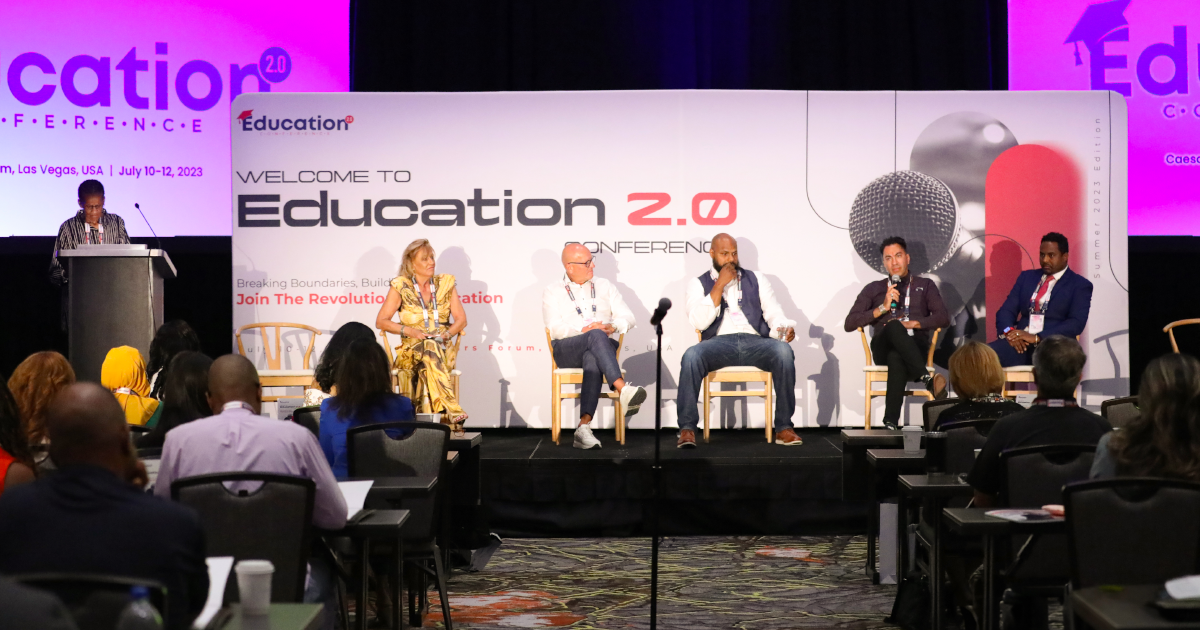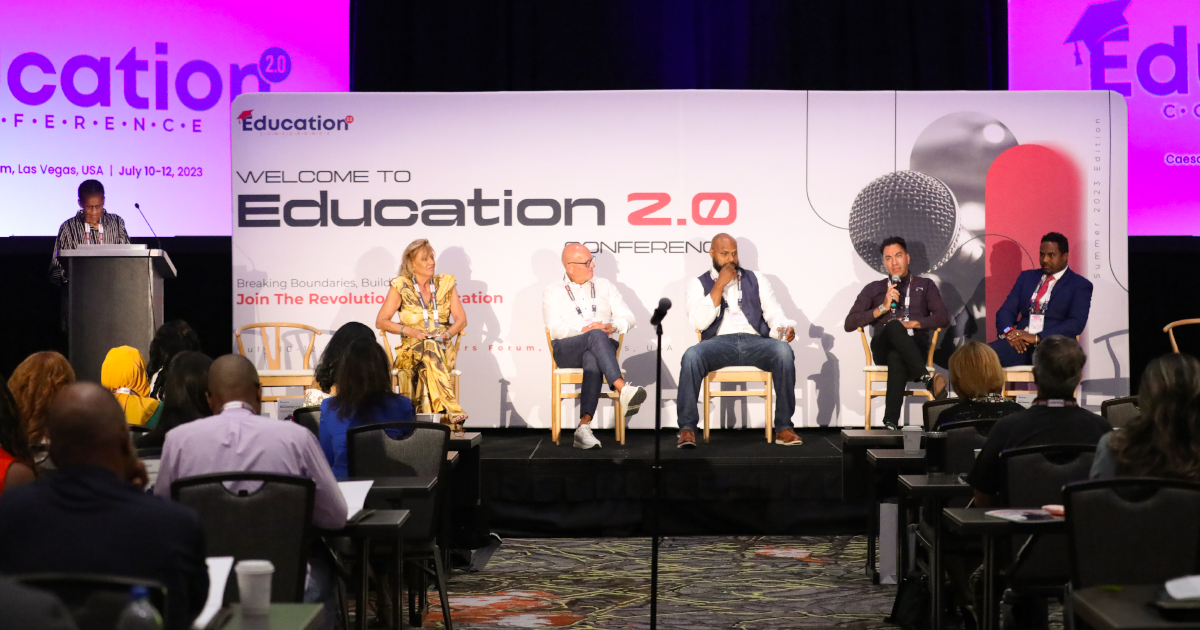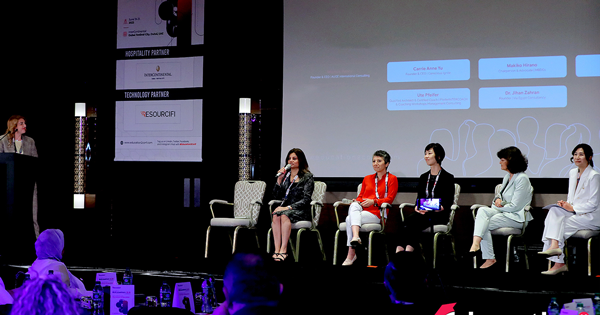Education Conferences To Discuss Growing Impact Of Teacher Influencers
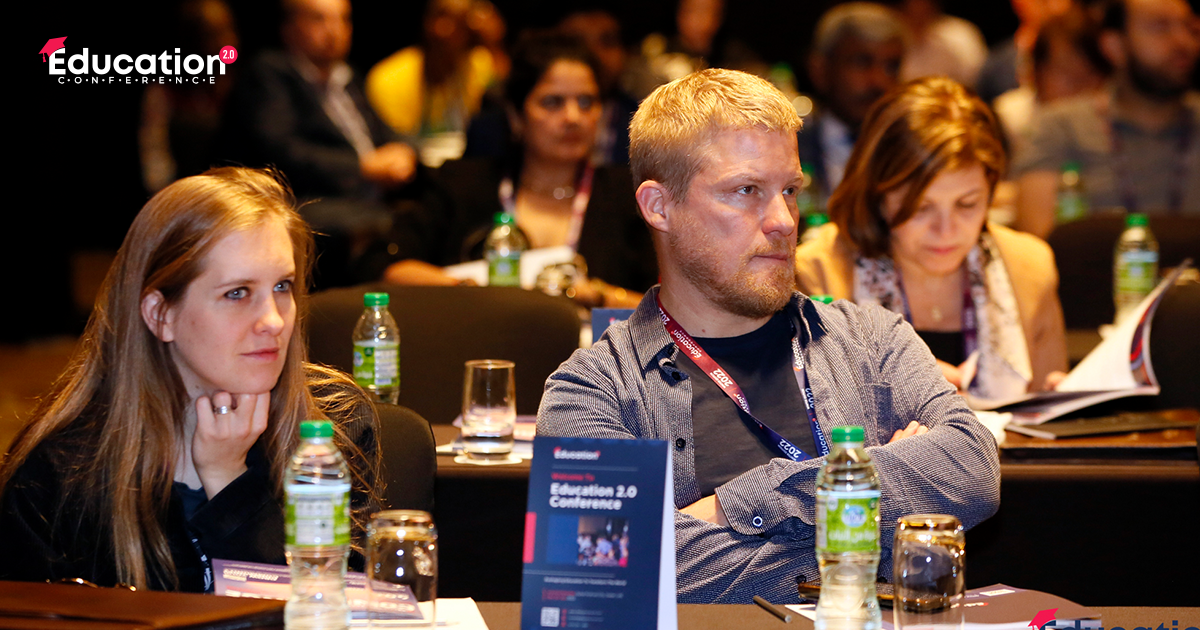
Strong 8k brings an ultra-HD IPTV experience to your living room and your pocket.
Can a single teacher’s voice change how millions learn? With social media, educators are sharing ideas, inspiring innovation, and shaping classrooms beyond their own. A viral lesson can introduce fresh teaching methods, and a single recommendation can influence schools worldwide.
At every leading education event in Dubai, such as the Education 2.0 Conference, experts are exploring how teacher influencers are transforming learning. Schools and EdTech companies embrace their insights to enhance student engagement and teaching strategies.
This shift brings exciting opportunities. Educators are balancing their roles while shaping the future of learning. As their influence grows, one question stands out. How will teacher influencers continue to redefine education in the years ahead? This blog explores their impact, the opportunities they create, and what the future holds.
The Key Traits That Set Teacher Influencers Apart
Not all educators who share content online qualify as teacher influencers. These professionals do more than teach—they inspire, lead, and innovate. What sets them apart is a unique combination of traits. They are clear communicators, able to simplify complex topics so that learners of all levels can understand. They are digitally savvy, using platforms and tools to create engaging, accessible content. They are also advocates for change, passionate about improving education systems and student well-being.
Teacher influencers are community builders, creating spaces where learners and educators support one another. Most importantly, they are trendsetters, always exploring and sharing new strategies to improve teaching and learning. With this mix of personal drive, communication skills, and innovation, they are redefining the role of the modern educator.
How Is Social Media Empowering Teachers To Shape Education?
Social media is no longer just a tool for entertainment. It has become a game-changer in education, amplifying the voices of teachers and reshaping the learning experience.
- Video-based platforms make lessons more interactive. YouTube and TikTok help educators share quick tutorials, teaching hacks, and engaging explanations.
- Visual inspiration is shaping modern classrooms. Instagram and Pinterest provide creative lesson ideas, classroom décor, and engaging educational activities.
- Professional discussions are taking place online. Twitter and LinkedIn connect teachers with industry leaders, allowing them to share insights and best practices. Some innovative approaches are highlighted at several global education conferences, where educators discuss integrating digital tools into traditional teaching methods.
- Global networks are forming through hashtags. Movements like #EduTok and #TeacherTwitter unites educators to exchange knowledge and resources.
By leveraging social media, teachers reach students and fellow educators far beyond their physical classrooms.
How Teacher Influencers Are Shaping Education Trends?
Content creation is no longer just about engagement. Teacher influencers are transforming how education is delivered through creative strategies like gamification, student-led learning, and real-world applications. With a growing digital presence, they are shaping the next wave of learning methodologies and leading conversations at education conferences worldwide.
Their influence is also raising awareness around inclusive education, highlighting the needs of students facing disabilities, language barriers, or financial struggles. Mental health advocacy is gaining momentum too, with more discussions around teacher burnout, student stress, and well-being. Professional development is becoming more accessible through webinars, masterclasses, and online coaching.
Navigating The Challenges Of Being A Teacher Influencer
The rise of teacher influencers comes with its share of difficulties. Many must navigate issues that can impact their credibility and mental well-being.
- Time management is a struggle. Juggling teaching responsibilities with content creation demands careful planning and dedication.
- Content accuracy is under constant scrutiny. Viral trends can sometimes promote misleading information, requiring educators to fact-check everything they share.
- Monetization raises ethical concerns. Sponsored content must align with education values, or it risks losing the audience's trust.
- Criticism from the education community is unavoidable. Some teachers challenge new methods, leading to online debates and pushback.
- Burnout is a real issue in the influencer space. The constant need to produce fresh content while managing daily teaching duties creates stress.
Overcoming these challenges requires a balance between influence and responsibility. To gain deeper insights, attend the Education 2.0 Conference, one of the leading education conferences in Dubai and the USA, where experts share strategies for navigating the digital education space. These events explore the evolving role of teacher influencers and the impact of social media on modern teaching.
How Teacher Influencers Will Shape The Future Of Education?
Digital education is evolving, and teacher influencers are at the forefront of this transformation. The coming years will bring even greater opportunities for impact.
- Collaborations with schools will expand. Institutions will start integrating influencer insights into curricula and teaching methods.
- Education policies will see more significant input from digital educators. Many influencers will step into advisory roles to guide reforms and improvements.
- EdTech companies will seek more direct involvement from teachers. Educators will help shape and refine learning tools based on classroom needs.
- Professional development will become more engaging and flexible. More teachers will create online training programs, mentorship platforms, and community-driven learning resources.
- Leadership roles beyond content creation will emerge. Many influencers will transition into consulting, research, and education advocacy positions.
As teacher influencers continue to gain recognition, their role in shaping education will grow stronger.
Explore How Education Events Elevate Digital Teaching!
Teacher influencers are doing more than sharing lessons online. They are shaping education trends, driving conversations about innovative teaching methods, and making learning more engaging for students worldwide. Their presence on digital platforms is helping schools explore new strategies, adopt cutting-edge tools, and rethink how knowledge is delivered.
This movement is gaining recognition at global conferences, where education leaders are analyzing its long-term impact. Experts at the Education 2.0 Conference, an education event in Dubai, are expected to discuss how digital educators influence curriculum design, student engagement, and teacher professional development. Their insights prove that online influence is not just about popularity—it is about progress.
As this role continues to evolve, opportunities and challenges will grow. Educators must balance content creation with teaching while maintaining credibility and adapting to new trends. The question is no longer whether teacher influencers are shaping the future of education—it is how far their impact will go.
Note: IndiBlogHub features both user-submitted and editorial content. We do not verify third-party contributions. Read our Disclaimer and Privacy Policyfor details.



